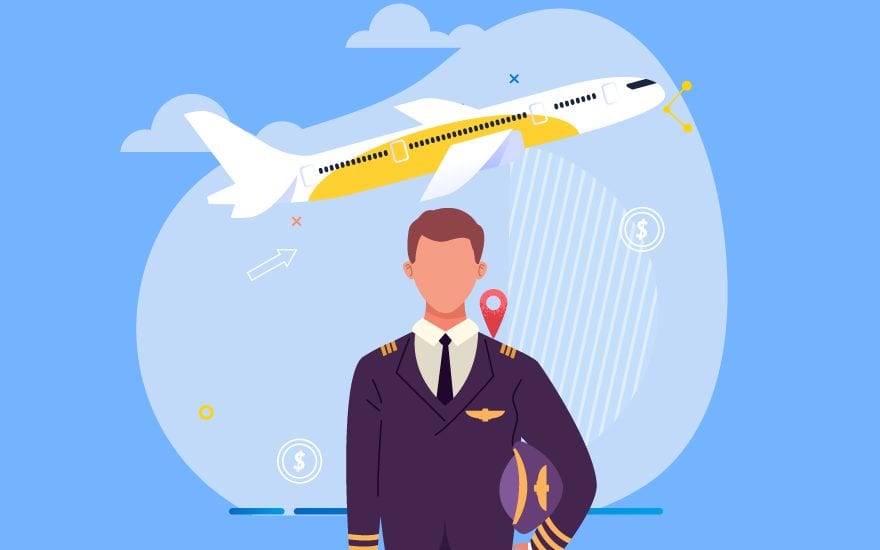Do you long for a career as an international airline pilot, private individual, or freight carrier? These careers can be extremely competitive. Your first step in your journey to a career as a pilot is to start your aviation training courses. You’ll be able to fly for 250 hours after you complete your training. To move up to the next stage, you must have 750-12550 hours of flight time.
1. Find out more about the industry
Understanding the facts behind becoming a pilot is crucial before deciding whether you want to pursue this career. Immerse yourself in the aviation world. This can be done by visiting various airports and airfields. You can also research the flight schools that offer your chosen training program. Most flight schools offer tours around their campus so you can see the training environment and ask any questions.
Research is essential to make sure you are fully informed before you commit to becoming a pilot. You need to know the basics, such as how to obtain your PPL, which licenses you will need to become a commercial pilot, and the differences between integrated and modular courses. Also, the average pilot’s salary.
2. Take a look at the finances
It is expensive to train to become a pilot. This is why it is important not to take it lightly. Although some airlines offer financial sponsorship, these are extremely competitive, and only a few spaces are available. Many students fund their training using the money they have saved over time or from family.
Modular training of aviation training courses may be a better option if the course fees seem too expensive. Modular courses let you train in specific “chunks, ” allowing you to spread the costs over a longer period. This also offers the possibility of finding employment in between modules.
You must budget 20% extra for any unexpected costs or challenges that may arise during your pilot training, regardless of the price quoted. You should carefully review your enrollment information and budget, including your uniform, equipment, landings, and fees (especially if you are a modular student).
3. Schedule your appointment for a pilot medical certificate
An Initial Class one or 2 Medical Certificate is required to operate an airplane by yourself. However, commercial operations and training require a Class 1 medical certificate. Completing the exam means you are mentally and physically fit to become a pilot.
You can expect to undergo a medical examination to obtain a Class-1 medical certificate. Medical examinations can include hearing, eyesight, and lipid testing. They also cover your entire medical history.
4. Learn as much as possible on the ground
Learning as much information as possible before you take your first flight is a good idea. Reread any ground school material that your flight instructors gave you. It will be easier to understand later if it is clear. Make sure you are familiar with the checklists that you will be using. It is not easy to train to be a pilot. Make sure to work to make sure you can fly when you have the chance.
Our ground instructors recommend that you review your GCSE course manuals if it has been a while since you last studied maths and physics. You can get a good foundation in math and physics to help you with ATPL theory and core math.
5. Have the best attitude
Our students don’t have to pass an aptitude test before starting their training. Instead, we ask that they meet the core academic requirements.
The right attitude will be a huge help during your pilot training. Pilot training is a difficult process that requires dedication, drive, and commitment. Although the hours spent studying for exams can be exhausting and complicated, if you are interested in this career, there will be a way. When you complete your FATPL, you will have the experience of managing your time and dealing with melancholy when the weather interrupts your training.
Conclusion
Don’t lose heart if things get difficult. Many student services teams are available during your training process to support and assist you during your time. They can also help with any accommodation or welfare queries. Enjoy your training experience by making the most of your instructor and support staff.
